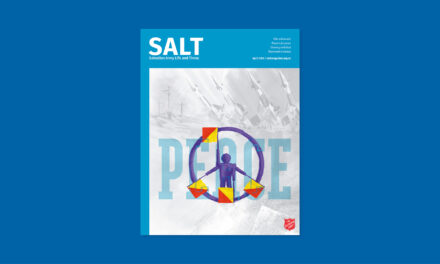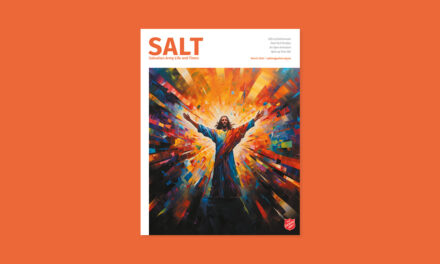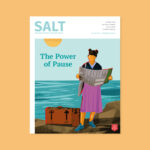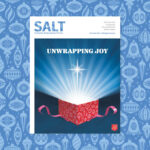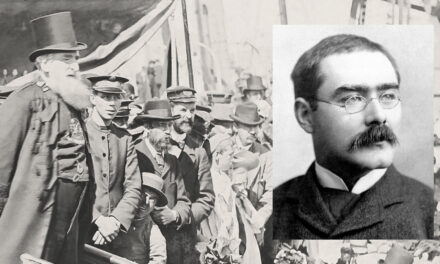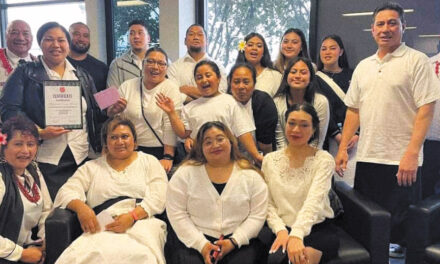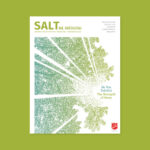
Kai Connects Community
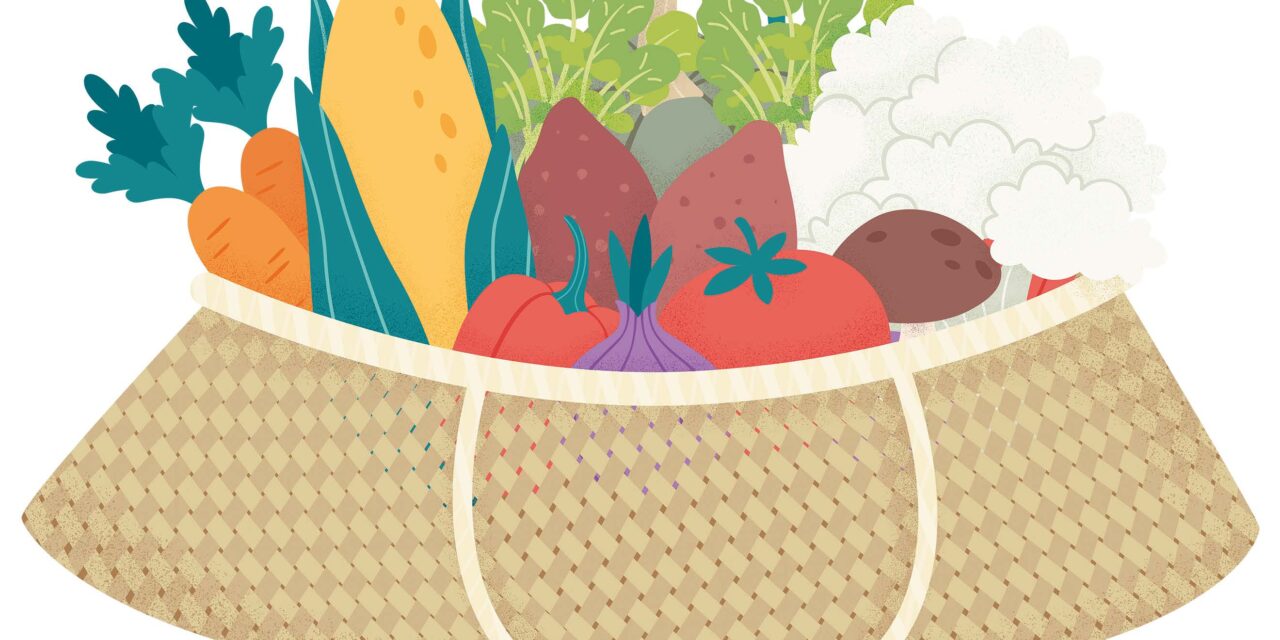
The Salvation Army New Zealand, Fiji, Tonga and Samoa Territory has launched a food security framework that will help to strengthen food security and sovereignty for our communities. The framework will give centres better guidelines around
offering food support and will also champion those already working on initiatives to empower their communities in this space.
The Salvation Army has a long history of food-based support, providing foodbank services in our territory for the past 130 years. These foodbanks have helped countless people solve their immediate food needs across the territory and continue to be a recognisable service of the Army in our communities. However, with rising living and food costs globally, more and more people are finding themselves in need of long-term aid when it comes to having food and supplies for their families.
‘What we’re seeing is that food hardship has moved beyond the “moment of crisis” and has become much more long-term and enduring. So we’re doing what we do best as the Army: responding in a way that will really enhance the lives of our clients, expressing the generosity and manaakitanga (hospitality) at the heart of what we do, and helping to enable long-term food sovereignty,’ says Territorial Food Security Manager Camille Astbury.
Food that satisfies
The Salvation Army Community Ministries has developed a framework to encourage a shift in response from ongoing emergency food support into a stronger sense of food security and agency for those seeking these services. Te Kai Mākona, the Army’s food security framework, launched in October 2022, aiming to empower corps and centres to work together and make changes in their response to food hardship and strengthen food security and sovereignty for whānau (families) and communities.
The framework’s name has been gifted by Māori Ministry, translating to ‘food that satisfies’. At the launch, Rotorua Corps Officer and Community Ministries Director Captain Hana Seddon drew on the Bible story in Matthew 14 of Jesus feeding the five thousand. Jesus called on the disciples to provide for the crowds, and when they brought forward the food they had, Jesus multiplied it so that ‘they all ate and were satisfied’.
The vision of Te Kai Mākona is a three-pronged approach that echoes the mission of The Salvation Army: caring for people by strengthening our food provision; transforming lives by providing more responsive food supports alongside existing social service supports to strengthen food security for whānau and communities; and, reforming society by addressing underlying causes of food insecurity.
The way forward
In Te Kai Mākona, foodbank assessments will be adjusted to bring understanding of the client’s needs, rather than determining eligibility, and kai (food) plans will be implemented to help people with longer-term support. More work will be done to address underlying causes of food insecurity in our territory, including collaboration with The Salvation Army Social Policy and Parliamentary Unit (SPPU) to advocate for action from the Government in this space. The Army will also continue to partner with other organisations, including Kore Hiakai Zero Hunger Collective and Aotearoa Food Rescue Alliance (AFRA), working as active contributors against food insecurity.
In March of 2023, Community Ministries will be providing tailored food support that meets Kore Hiakai minimum standards and client needs, and compliance with food-safety best practice. By the beginning of July 2023, centres will be expected to have implemented at least two food security initiatives alongside their current wraparound services. These could include things like
community gardens, choice-model foodbanks, cooking classes and pātaka (neighbourhood pantry), all with the goal of facilitating further connection and agency for those in our communities needing food support.
Camille has expressed the importance of acknowledging the excellent work that foodbanks have contributed to our territory, while giving communities the space to innovate. ‘We know foodbank staff are already doing so much of this mahi (work), and Te Kai Mākona is really about sharing our knowledge so we can continue to enhance it,’ says Camille.
Above and beyond
There are already spaces in our territory where these innovations are taking place. The Kiwi Kai Co-op at Manurewa began by providing fruit and vegetables from local producers at much lower prices than supermarkets. The co-op aims to enhance mana and
increase long-term food security for the community, where members volunteer once a week to help at the co-op and meet regularly together for a cup of tea, a potluck meal and to share their produce.
‘Foodbanks are often a stop-gap, or more of an emergency situation, and we wanted something that was relational, created belonging and connection, and took people on that journey of food security or food sovereignty,’ says Captain Steve Molen, Manurewa Community Ministries manager.
Kiwi Kai Co-op has also partnered with Whenua Warriors to plant gardens in the homes of every co-op member and teach them how to grow their own vegetables. Many members are in emergency housing, so the gardens can also be planted in large buckets that they can take with them.
Kiwi Kai Co-op has proved so popular that there are now five co-ops running in South Auckland, with 10 to 15 members each. This has increased the buying power and savings for its families, so that the co-ops now also offer milk, eggs, bread and meat. Each co-op chooses a place to have a pātaka within their local community. They then share the produce from their gardens with the community, through the pātaka.
Laughter and open doors
In Palmerston North and Royal Oak, Community Ministries have been working hard to make their foodbanks more welcoming and empowering for clients. When the Palmerston North foodbank began its choice model, they saw an immediate increase in people accessing its services. ‘The first day we started, there was real relief and excitement from people that they got to choose. All of a sudden there was a lot of laughter, and they were all chatting away with our staff,’ recalls Craig Fleury, centre manager for Palmerston North Community Ministries.
The choice model is a move away from pre-packed food parcels, to giving foodbank ‘shoppers’ the ability to choose their own goods. ‘It’s about redressing the power imbalance,’ explains Craig. ‘It isn’t just, “I get what I’m given”, it’s actually, “here are the things that are going to be useful and helpful to me. And I get to actually choose that”.’
At Royal Oak, some surprisingly simple changes have transformed the foodbank into a place of warmth and friendship. ‘Before we only had one door open, and now both doors are wide open. Clients and the community know they are welcome and can just come in,’ says Wellbeing team member Anita Dadzie.
This spirit of sharing and empowerment is at the heart of Salvation Army foodbank.
Inside the doors it’s warm and inviting: there’s music playing, with a ‘tea and talk’ space where people can make themselves at home, and it’s open every day until 3pm. Once a week, the staff make soup or bake, and everyone has the chance to mingle and chat. ‘It’s the social aspect—being able to interact with people and sitting down on the couches together,’ explains Wellbeing team member Rebecca Ruttley. ‘You see people come in with their shoulders slouched down, and when they leave, they’re standing upright. They don’t necessarily want to access our services, but that social interaction can go a long way towards healing.’
For many centres, these changes have developed naturally out of a desire to better care for the people who come through their doors, and this spirit of sharing and empowerment is at the heart of Salvation Army foodbanks—not only kai, but connection, community and mana. This is encapsulated in the kaupapa of Te Kai Mākona: aroha (love), choice, strengths-based, whanaungatanga (connections), manaakitanga (hospitality), collaboration and sustainability. The hope for this framework is that these centres and services that are already underway with food security initiatives around our territory can inspire other corps to implement innovative food support for their communities.
‘We’re really standing on the shoulders of our people who have already been doing such great work,’ says Camille. ‘This will help us provide a wider range of kai supports and continue to meet the food needs of today, while providing long-term transformation.’
WORDS Holly Morton with Ingrid Barratt

